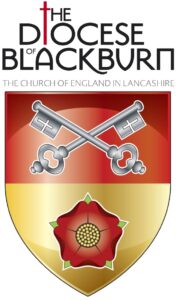 SIAMS inspection plays an important role in the improvement of Church schools. It does this by affirming that which is effective and by highlighting key areas for improvement. By focusing on impact above all else, SIAMS explores ways in which each school’s theologically rooted Christian vision drives the work, and enables the school to live up to its foundation as a Church school.
SIAMS inspection plays an important role in the improvement of Church schools. It does this by affirming that which is effective and by highlighting key areas for improvement. By focusing on impact above all else, SIAMS explores ways in which each school’s theologically rooted Christian vision drives the work, and enables the school to live up to its foundation as a Church school.
SIAMS inspectors will explore with school and trust leaders how they understand the specific context of the school, and whether they know how to respond to it theologically. Local, diocesan, and national expertise will help school and trust leaders to explore this, so that they can be confident in answering three key questions:
1. Who are we as a school?
2. What are we doing here?
3. How, then, shall we live and learn together?
Importantly, the 2023 SIAMS Framework highlights and seeks understanding of the theology that underpins a school’s Christian vision. It also provides a structure for inspectors and school and trust leaders to, collaboratively, gather evidence of how this vision enables people to flourish. Using this evidence, inspectors then make judgements, holding school and trust leaders to account.
IQ1 How does the school’s theologically rooted Christian vision enable pupils and adults to flourish?
IQ2 How does the curriculum reflect the school’s theologically rooted Christian vision?
IQ3 How is collective worship enabling pupils and adults to flourish spiritually?
IQ4 How does the school’s theologically rooted Christian vision create a culture in which pupils and adults are treated well?
IQ5 How does the school’s theologically rooted Christian vision create an active culture of justice and responsibility?
IQ6 Is the religious education curriculum effective (with reference to the expectations set out in the Church of England’s Statement of Entitlement for Religious Education)?
IQ7 What is the quality of religious education in voluntary aided and former voluntary aided schools, and in former voluntary controlled schools in which denominational religious education is taught?







